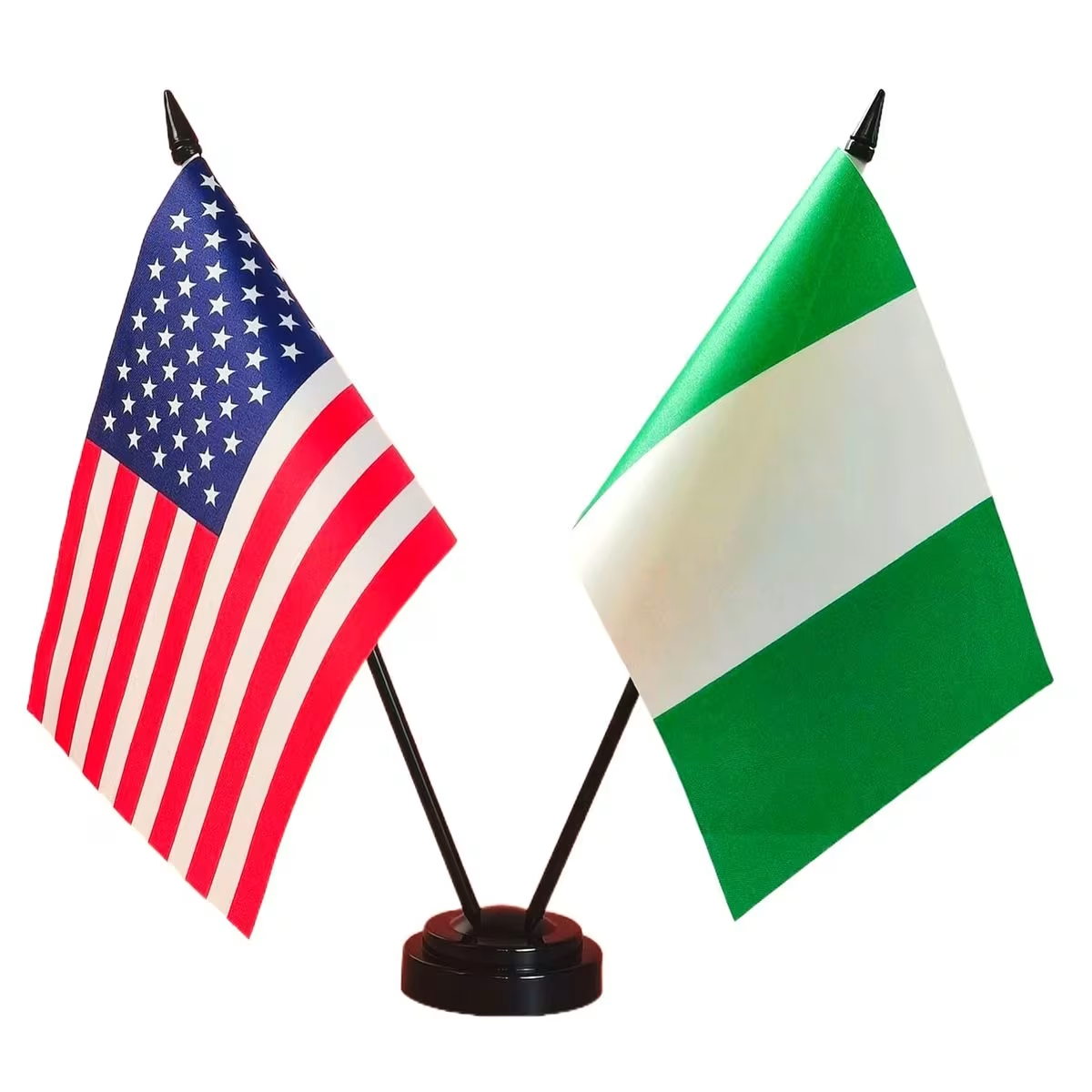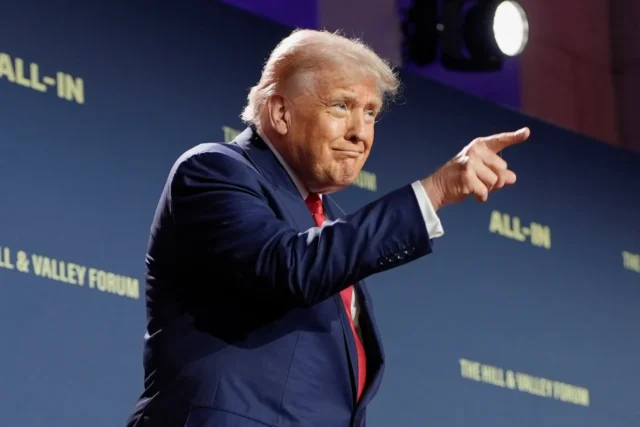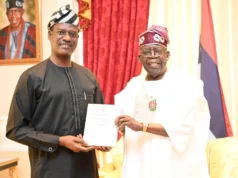US President Donald Trump signed a broad trade order that imposed a 15% import duty on Nigeria and dozens of other nations as part of his administration’s updated global tariff plan.
Trump’s larger trade offensive, which started earlier this year, saw a major uptick in intensity on Thursday when the White House announced the revised reciprocal tariff rates.
Trump cited the need for more equitable trade terms when he put a 14% tariff on Nigerian imports in April. Following that action, the final decision date was moved to August 1 in order to give time for bilateral trade negotiations during a 90-day grace period.

Most discussions, meanwhile, did not lead to new trade agreements. The new tariff rates are now being applied, and under the updated plan, Nigeria is one of dozens of nations that would pay higher tariffs.
Despite intense attempts on both sides, African nations including Nigeria were unable to negotiate individual trade agreements with the US. Trump also reinstated travel restrictions against a number of African countries during the negotiation window. Nigeria was first excluded, but when the policy changed, it was eventually included to the list.
While West African countries were keen to expand trade relations with the United States, Nigeria’s Foreign Affairs Minister Yusuf Tuggar identified travel limitations as a significant obstacle.

Under the revised tariff schedule:
15% tariffs now apply to Nigeria, Angola, Ghana, South Korea, Turkey, Japan, Israel, Norway, and several others.
10% tariffs target countries such as the Falkland Islands, the United Kingdom, and others not explicitly listed.
Tariffs climb to 18% for Nicaragua, 19% for countries like Indonesia and Pakistan, and 20% for Bangladesh, Vietnam, and others.

More stringent penalties include 25–41% tariffs for countries like India, South Africa, Iraq, and Syria.





